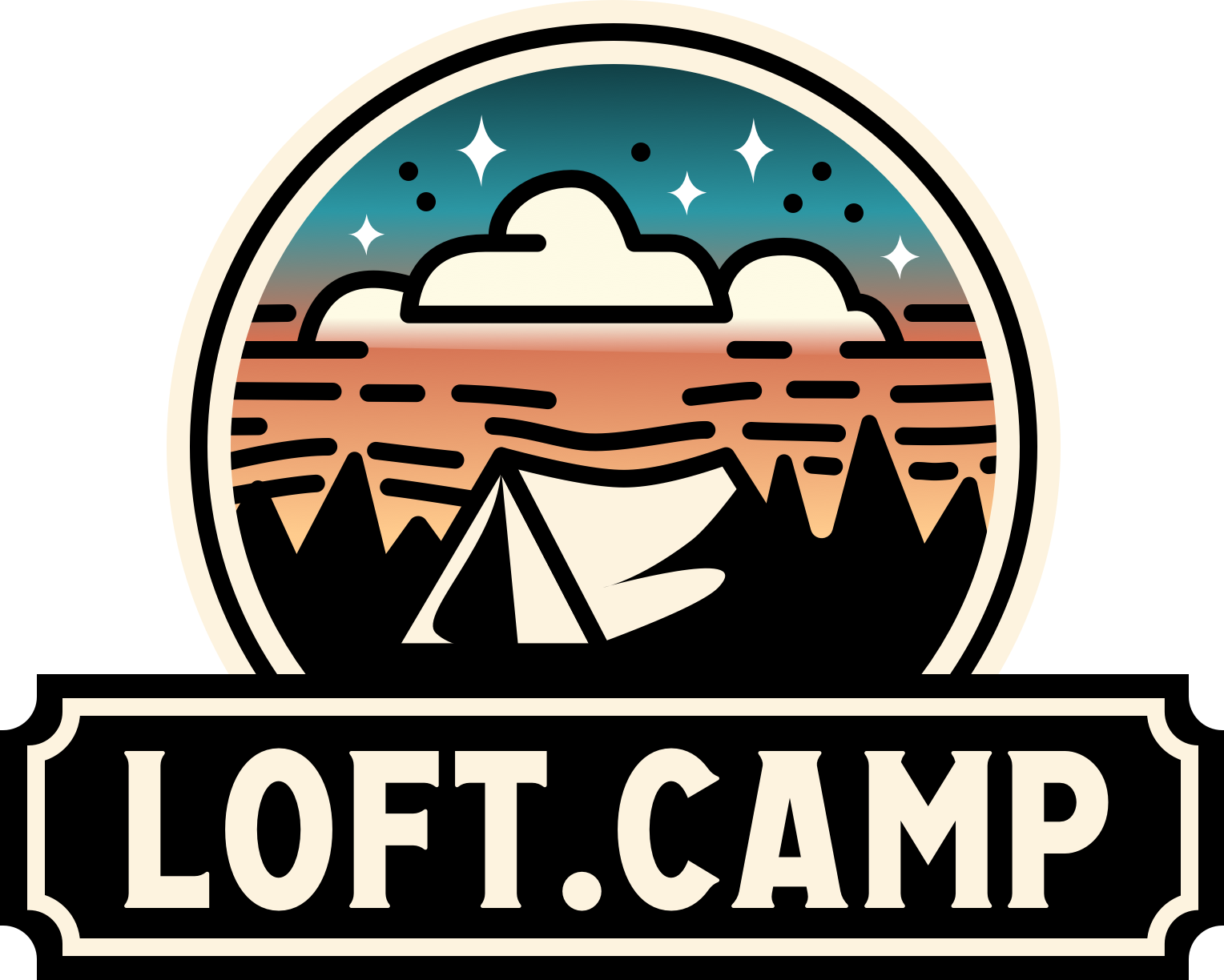Feeding your adventure with the right kinds of food and ensuring nutritional balance is crucial for enjoying the great outdoors. Whether you're trekking through backcountry trails or enjoying a leisurely campsite stay, the foods you pack can impact your energy levels, performance, and satisfaction. This guide will delve into selecting foods that provide both the flavor and the fuel needed for your camping activities, with an eye toward practicality, preservation, and price.
Nutritional Considerations for Camping
Outdoor activities often require more calories and nutrients than your usual diet, especially for high-energy activities like hiking, paddling, or mountain biking. A focus on carbohydrates for energy, proteins for muscle repair, and fats for sustained energy is essential. Additionally, vitamins and minerals support overall health, particularly for longer trips.
Types of Camp Foods
When planning your camping menu, consider a mix of fresh, dehydrated, and non-perishable foods. Fresh foods are great for short trips, while dehydrated meals are lightweight and convenient for backpacking. Non-perishables like nuts, granola, and canned goods offer durability and ease of preparation.
Special Dietary Needs
Don't forget to account for any dietary restrictions or preferences, such as vegetarian, vegan, gluten-free, or allergy-specific needs. Many outdoor food brands now offer a wide range of options to cater to various dietary requirements.
Meal Planning and Preparation
Effective meal planning ensures you have enough food without overpacking. Plan meals that are simple to prepare and require minimal cleanup. Preparing some meals in advance can save time and reduce waste. Additionally, consider the water requirement for cooking and clean-up.
Packing and Storage
Pack foods in waterproof containers and use bear-proof canisters where necessary. Labeling meals by day can help organize your pack and ensure you have enough food for the duration of your trip.
Cost Considerations
The cost of camping food can vary widely based on the type and duration of your trip. Basic, DIY meal prep using grocery store items is the most budget-friendly option, while specialized freeze-dried or dehydrated meals offer convenience but at a higher price point, often between $5 to $12 per meal.
Finding Value in Nutrition
To get the best value, balance the cost with nutritional content and convenience. Buying in bulk, opting for generic brands, or dehydrating your own meals can reduce costs. For longer trips, investing in higher-quality, nutrient-dense foods can pay off in sustained energy and enjoyment.
Conclusion: Fueling Your Outdoor Adventures
Choosing the right foods for your camping trip is about more than just satisfying hunger; it's about fueling your body for the adventures ahead. By considering nutritional needs, meal planning, and budgeting, you can create a menu that keeps you energized, satisfied, and ready to explore the great outdoors.

